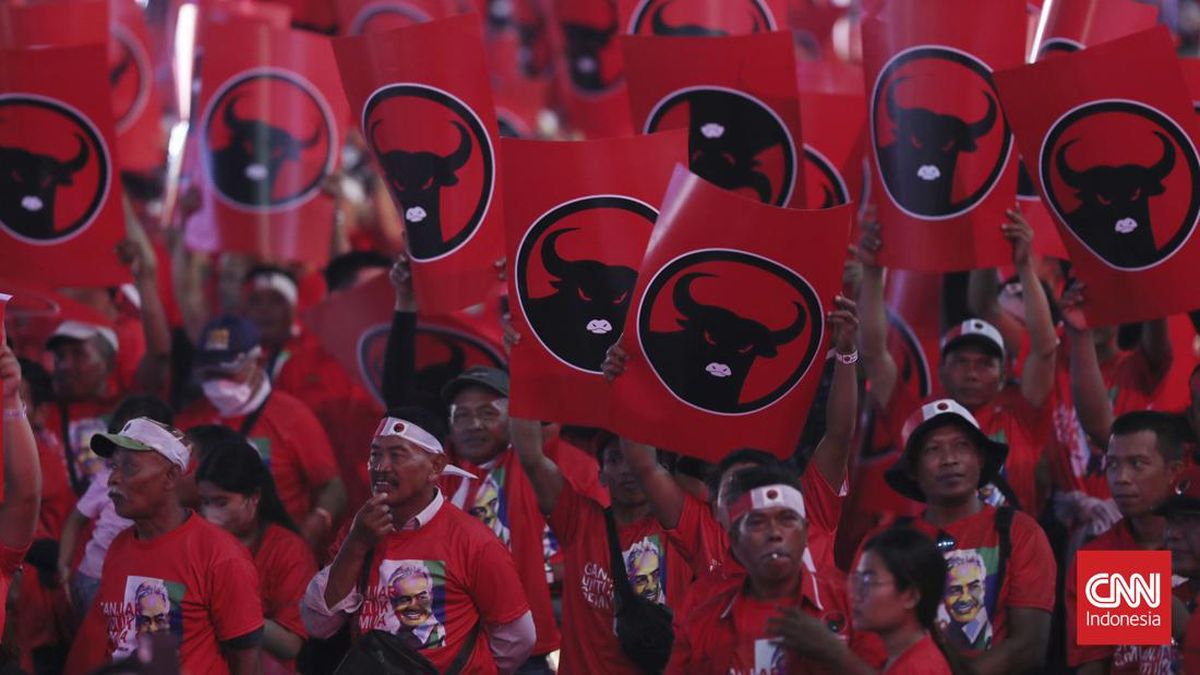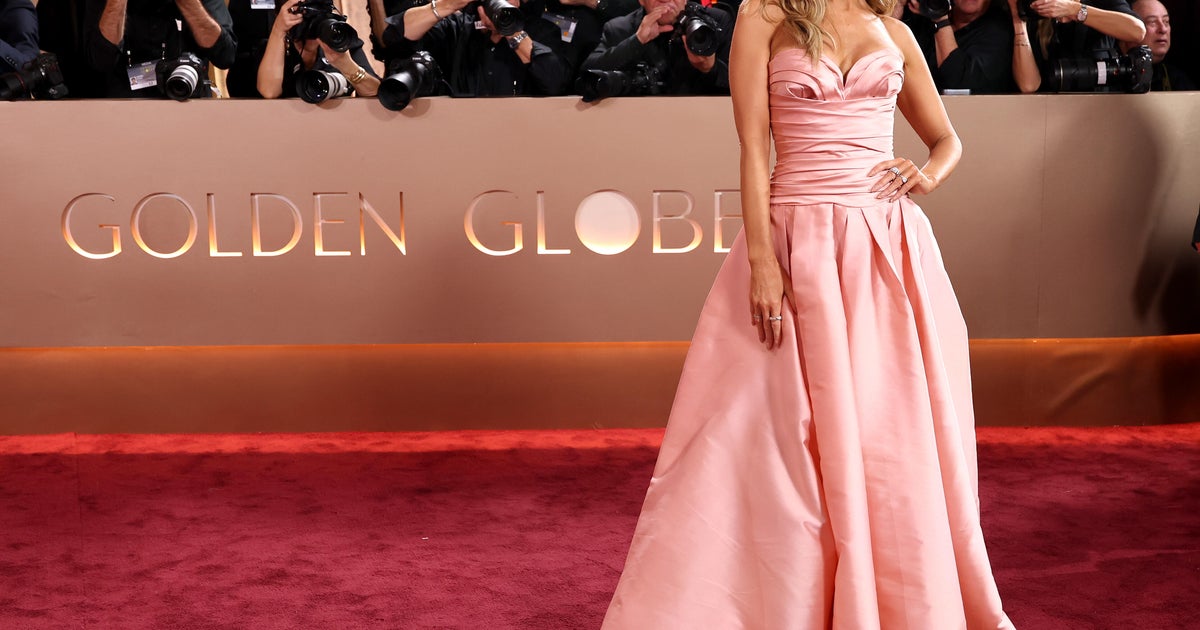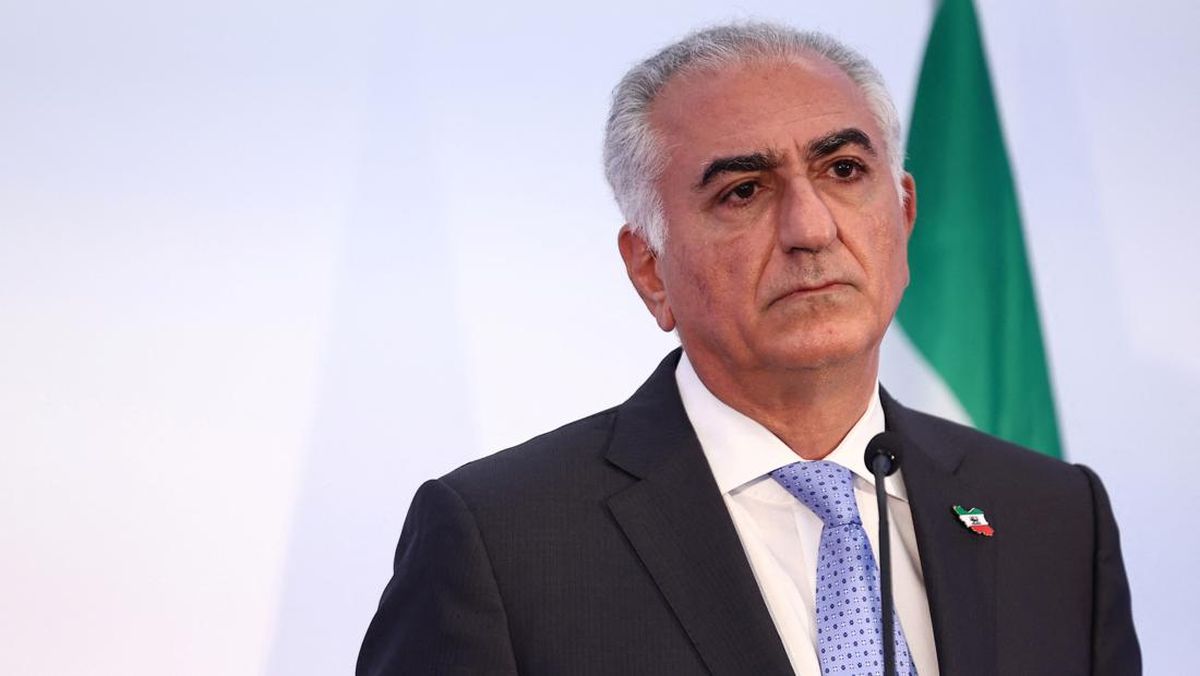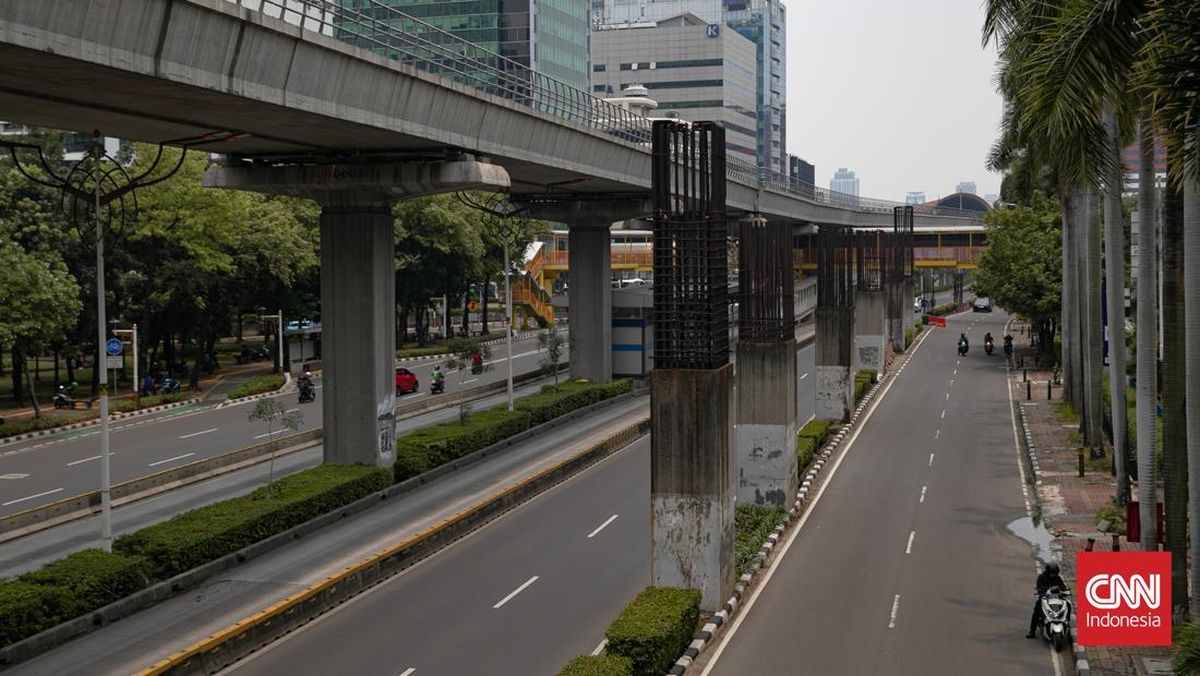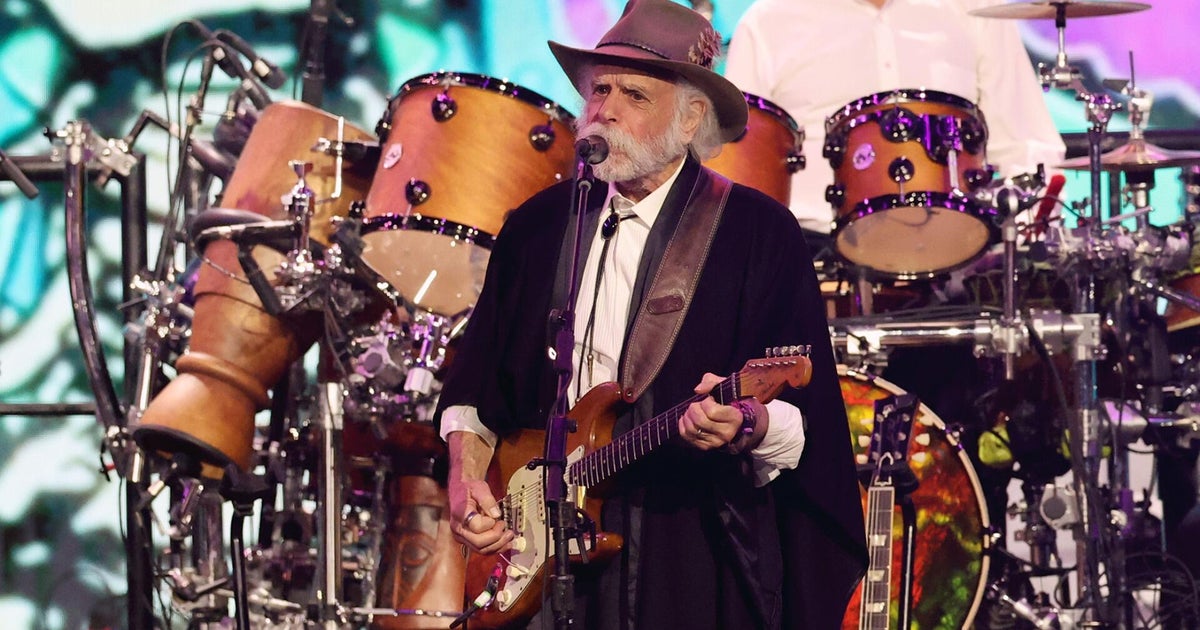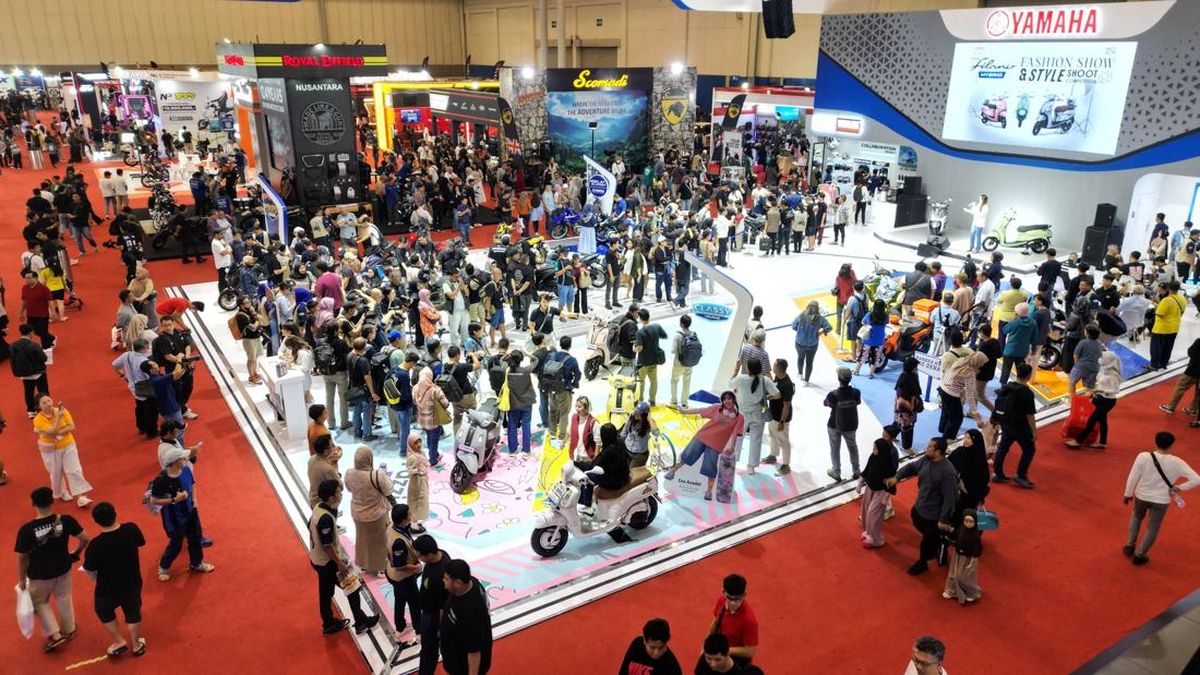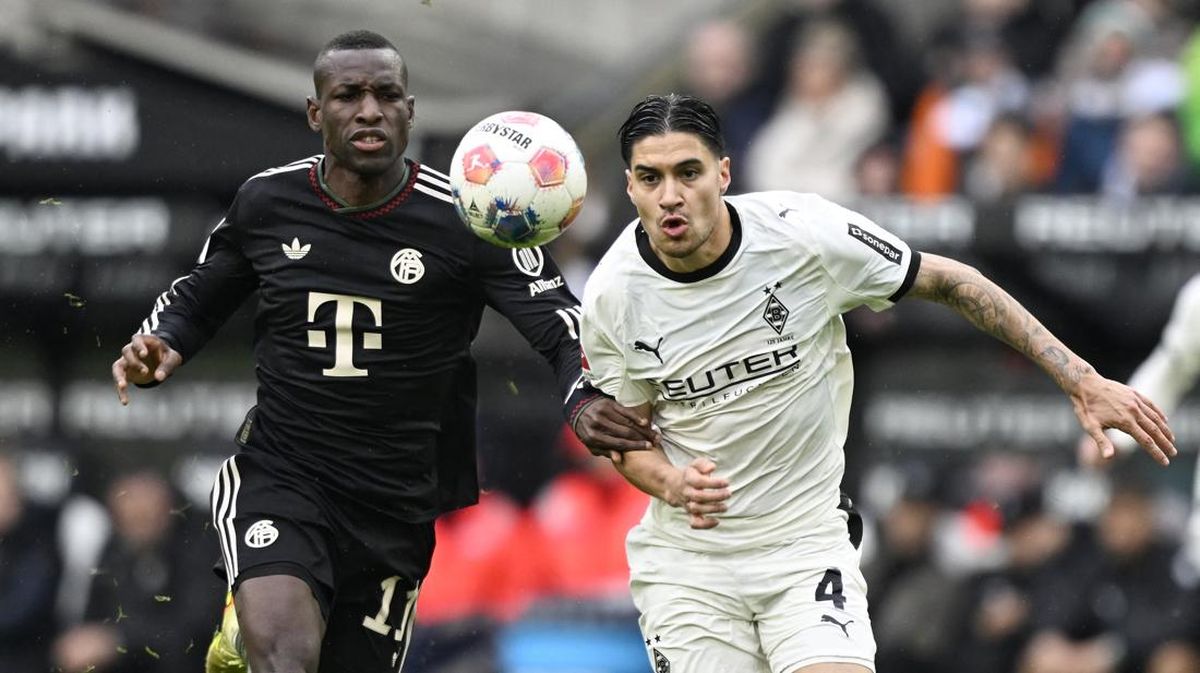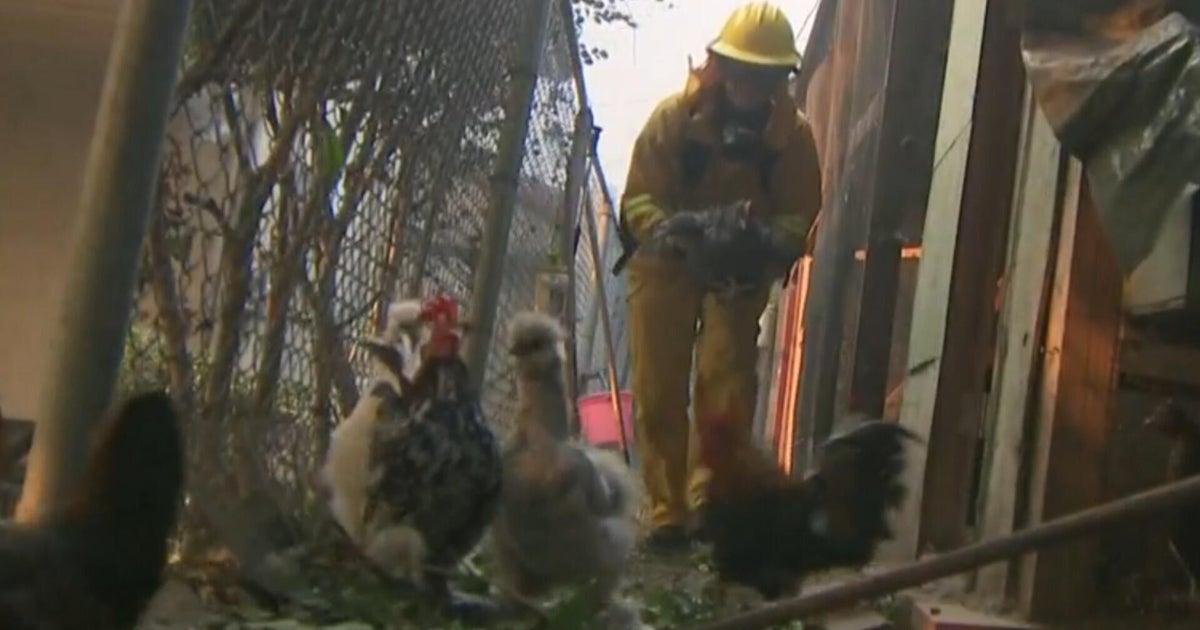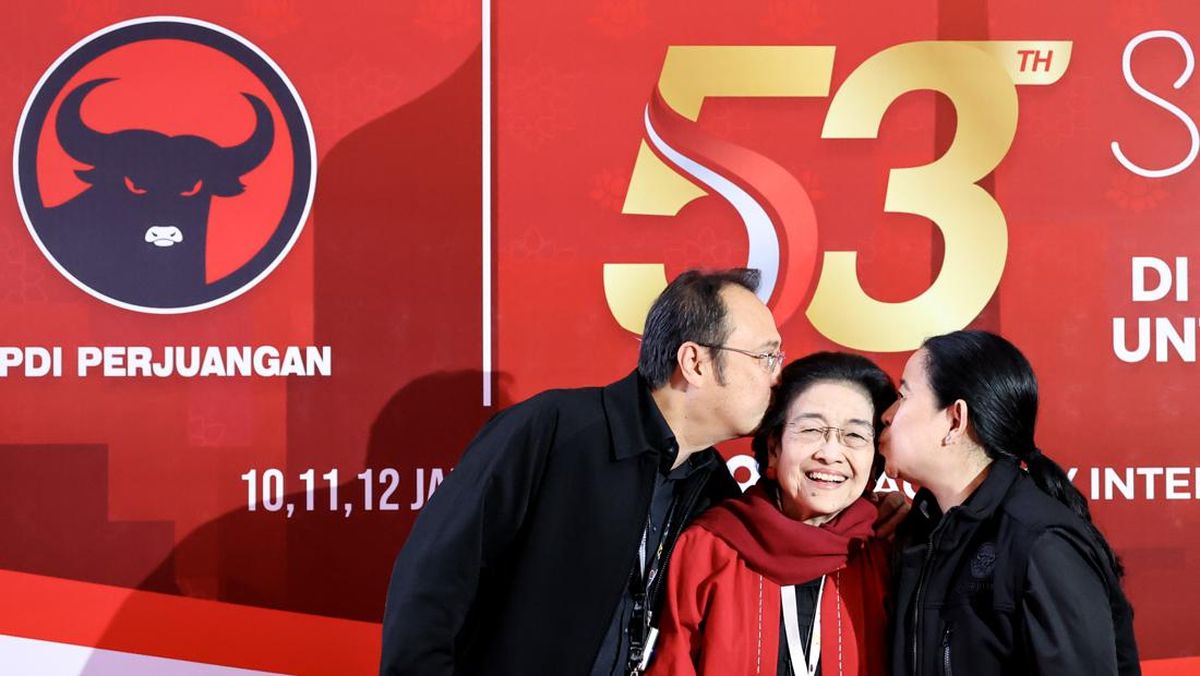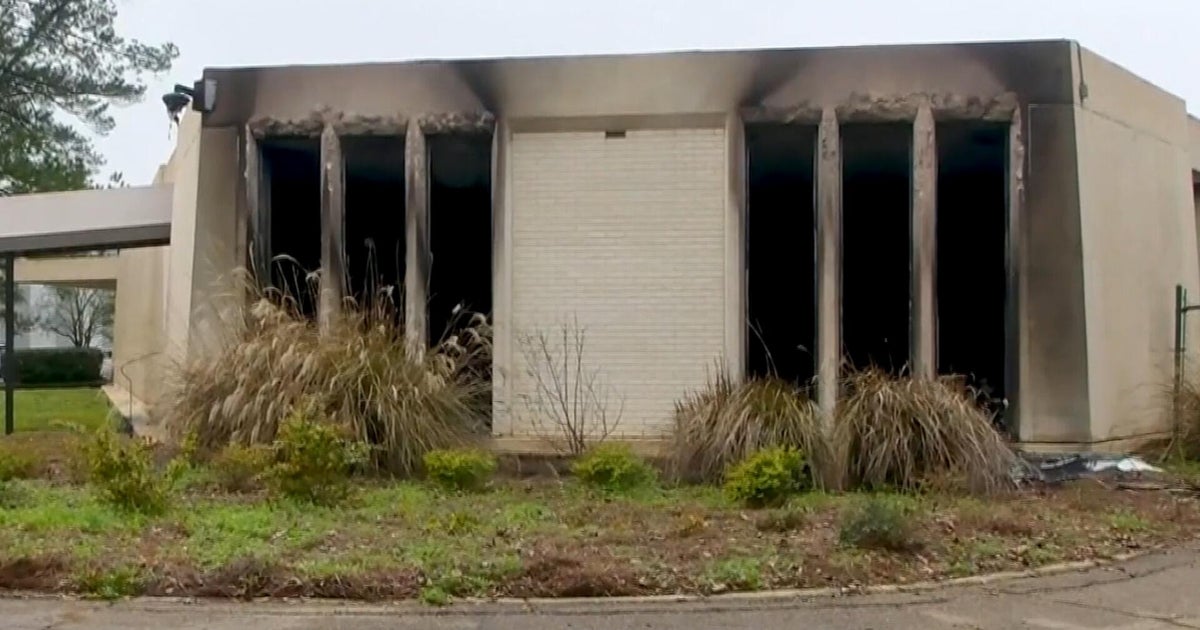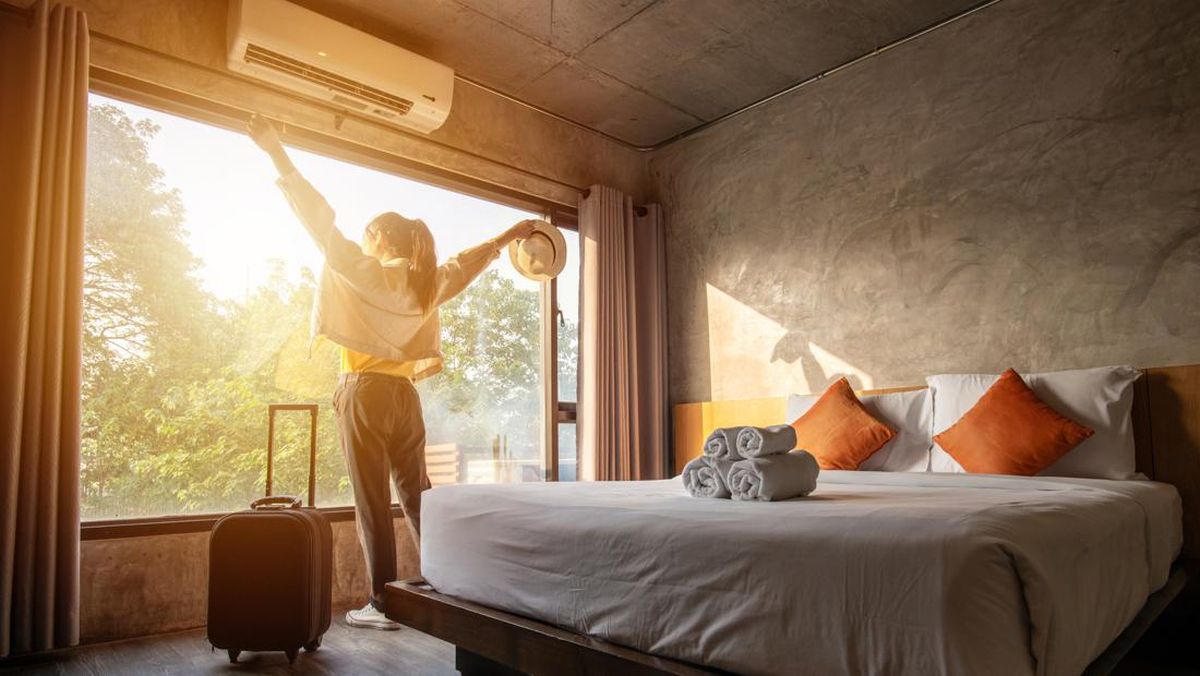Anthony Albanese is about to embark upon a week of hectic, high-wire trans-Atlantic diplomacy that represents the biggest foreign policy test of his prime ministership. For the first time since he came to office, Albanese will attend the United Nations General Assembly in New York, which transforms into a Mecca for world leaders each September. Recognition of Palestine, climate change action, the war in Ukraine and social media regulation are all on the agenda. After New York, he will travel to London to meet with his British counterpart Keir Starmer.
Dominating the trip, however, is the prospect of his first in-person meeting with US President Donald Trump. In the words of Joe Biden’s former Indo-Pacific tsar Kurt Campbell, it will be a “momentous” chapter in the US-Australia relationship. “I think it’s probably the most consequential meeting between an American and an Australian in living memory,” Campbell said during a visit to Australia this week. “And really, everything is on the table.”
So what will Albanese be looking to achieve in New York and London?
1. Secure the Trump meeting
First things first, the meeting has to happen. Trump and Albanese were supposed to meet on the sidelines of the G7 summit in Canada in June, but that fell through when Trump had to return early to Washington to deal with the Iran-Israel war. Albanese has sought to downplay the importance of meeting Trump, saying only journalists ask him about the topic. But there’s no doubt being snubbed by Trump while in the US would be a major embarrassment for Albanese, one that would prompt accusations that Australia’s relationship with its most important ally is in disarray.
Michael Fullilove, executive director of the Lowy Institute think tank, says a leaders’ meeting is well overdue. “Donald Trump was elected president 10 months ago, and he and Mr Albanese have never met each other. This is unprecedented ... The US-Australia relationship feels thin at the moment. Mr Albanese’s job is to thicken it.”

Anthony Albanese and Donald Trump have not spoken in person. Will next week be the time?Credit: Getty
Trump indicated a meeting was in the works during a fiery encounter with ABC journalist John Lyons this week. Yet nothing is ever guaranteed with a president as unpredictable, and often chaotic, as Trump.
Leaders from around the world are flocking to New York at the same time and almost all of them will be lobbying for a Trump meeting. As in Canada, unforseen events could again intervene to scupper an Albanese-Trump encounter. That would be even more of a blow to Albanese given he returned home from two recent Pacific trips - first to Vanuatu and then to Papua New Guinea – without signing much hyped security and defence agreements. He’s a man on a hunt for a foreign policy win.
2. Build a rapport with the president
More so than most leaders, Trump believes in the importance of personal chemistry when it comes to diplomacy. Experts agree that getting Trump to like him, without coming across as obsequious to Australians watching back home, will be Albanese’s key performance indicator during a meeting. Trump appears to have hit it off with Albanese during their four phone calls - last week he described him as a “good man” - but it’s time to take the relationship to a new level.
“The primary goal should be to establish a business-like, positive relationship at the summit,” Fullilove says. “Trump likes Australia, which will help. Albanese should be authentic, friendly and forthright.”
Charles Edel, Australia chair at leading Washington think tank the Centre for Strategic and International Studies, agrees: “Success looks like the two leaders developing a good, in-person rapport and a strong working relationship. That means when there are bureaucratic blocks in the future they can resolve the issues themselves. So the personal touch will be crucial.”
Edel points to Britain’s centre-left leader Keir Starmer, who this week hosted Trump for his second state visit to the United Kingdom, as an example for Albanese to emulate. “We know that the politics do not need to align for Trump to get along with fellow world leaders,” he says.
Visitors to the White House routinely use gifts to try to curry favour with Trump. Starmer brought a letter from the King inviting him to visit the UK; Israeli Prime Minister Benjamin Netanyahu announced he had nominated Trump for the Nobel Peace Prize; Apple chief executive Tim Cook gave Trump a glass disc with a 24-karat gold base. Much time and thought will have gone into a possible gift from Albanese to Trump.

US President Donald Trump has been lavished with many gifts since coming to office.Credit: Getty
3. Get Trump enthused about AUKUS
Albanese’s decision to announce a $12 billion investment in the Henderson shipyards in Western Australia a week before departing for New York was no coincidence. Senior Pentagon official Elbridge Colby, who has previously expressed concerns about selling Virginia-class submarines to Australia, is reviewing the AUKUS pact, and Australian officials are working hard to ensure the partnership stays alive. King Charles’ mention of AUKUS during a speech in front of Trump this week was a part of the intense diplomatic manoeuvring to lock in US support for the pact. Trump has never said anything substantial about AUKUS; indeed, in February, he replied “what does that mean?” when asked about it.
Loading
Michael Shoebridge, Director of Strategic Analysis Australia, says that Albanese’s trip will be viewed as a failure unless he secures rhetorical backing from Trump for AUKUS.
“This meeting must include Trump saying the word AUKUS and something positive attached to it,” he says. “That is a ‘must deliver’ achievement for Albanese. The build-up to this meeting has had such a huge defence flavour that if AUKUS fails to get some kind of endorsement, that will be a bad outcome.”
Albanese will highlight the Henderson announcement as proof of Australia’s commitment to AUKUS and stress its benefits to the US navy, which will be able to use the facility to maintain its submarines.
Fullilove, however, says Albanese needs to go further and commit to a substantial increase in defence spending. Trump’s defence secretary Pete Hegseth has called for Australia to raise defence spending to 3.5 per cent of gross domestic product, a major increase on current levels.
“Australia should increase its defence spending significantly in order to strengthen our national defence in a dangerous world,” Fullilove says. “This would be in our interest, and it would also make clear to Washington and other capitals that we’re a reliable and valuable ally.”
4. Engage Trump in the Indo-Pacific
Trump’s foreign policy during his first year back in the White House has been dominated by the wars in Ukraine and Gaza. Meanwhile, his approach to strategic competition with China remains murky, as do his views on America’s role in the Indo-Pacific.
“US policy on Asia is the shoe that’s yet to fall,” Fullilove says. “It’s worth reminding President Trump that China would love to have a system of Asian allies as powerful and cost-effective as America’s.”
Campbell said this week: “It’s very important that Australia makes the argument to the United States: ‘Hey, we’ve got to be informed. We have to understand where you’re heading on China. That helps us set our own course.’ I think Australia can make an argument for the United States to continue to step up in the Pacific. Australia cannot manage this enormous strategic competition alone.”
5. Resuscitate the Quad
Loading
Specifically, Campbell is calling for Albanese to use his visit to try to salvage the Quad, a grouping between the US, Japan, India and Australia. Beijing hates the Quad, which is a sign of its potential to serve as a democratic counterweight to China in the Indo-Pacific. The Quad leaders have met in person every year since 2021, but that is in serious doubt this year because of the fallout between the US and India over Trump’s punishing tariffs on Indian exports.
Campbell this week conceded that the Quad “kind of hangs in the balance right now” and needs to be resuscitated. “I think the only country, the only leader that can help carefully navigate that back together, is Prime Minister Albanese,” he told the United States Studies Centre. “This is a time to demonstrate Australian leadership.”
6. Lobby for tariff relief
Campbell advised Albanese not to focus on “narrow economic issues” in a meeting with Trump, but trade will still be top of mind for Albanese. Even if an exemption to the 10 per cent baseline tariff proves impossible, Albanese will be hoping to secure a special deal for Australian steel and aluminium exporters – possibly in return for special access to Australian critical minerals.
Fullilove says that, while Australia supports free trade, Trump’s passion for protectionism isn’t going anywhere. Albanese needs to work within that reality. “There’s no point in in trying to change Trump’s mind on issues where he has lifelong beliefs,” he says. “For example, he has told us his favourite word in the English dictionary is ‘tariff’.”
7. Pull off Palestinian recognition
Albanese will use the UN meeting to officially recognise Palestinian statehood, joining leaders from France, Canada and Belgium (and possibly more including the UK and Portugal). In the weeks leading up to the decision, Albanese said he wanted recognition to be more than a “gesture” and make a meaningful contribution to advancing a two-state solution. His speech to the UN will be an opportunity for him to explain how recognition of Palestine goes beyond symbolism: for example, what role can Australia play in the post-war reconstruction of Gaza? World leaders, including Albanese, are also likely to join together to pressure Israeli prime minister Benjamin Netanyahu, who will attend the UN meeting, to stop the war. So far, their efforts have proved fruitless.
Albanese originally planned to meet Palestinian Authority President Mahmoud Abbas in New York, but this looks unlikely unless the Trump administration reverses its controversial decision to deny Abbas a visa.
8. Spruik climate credentials and win COP hosting rights
Albanese will travel to New York with a freshly minted climate target for Australia of 62 to 70 per cent by 2035, based on 2005 levels. The prime minister will sell this to fellow leaders as proof that Australia is a world leader on tackling climate change - and that it has earned the right to host the COP31 climate summit next year.

Anthony Albanese says Australia’s 2035 emissions reduction target is “responsible” and “supported by science”.Credit: Dominic Lorrimer
Australia is locked in a diplomatic standoff with Turkey over hosting rights, and if no consensus can be reached, the event will instead be held in Germany. This would be a blow to Australia, given it has invested a lot of diplomatic capital into its bid. Albanese has said he will meet with Turkish President Recep Tayyip Erdoğan during the UN meeting, where he will try to persuade him to withdraw from the contest in recognition of Australia’s overwhelming support.
9. Promote Australia’s social media restrictions
Loading
Albanese is proud that Australia is leading the world with its efforts to restrict social media users aged under 16 from having accounts on platforms such as Facebook, YouTube, TikTok and SnapChat. He believes he is on the right side of history by taking on “big tech” and trying to keep young people away from the dangers of social media including radicalisation and bullying. During the UN General Assembly, Albanese will host an event to explain the policy, which he hopes will be adopted by other countries.
10. Give Starmer a boost
Albanese’s visit to London should be less high-pressure than his trip to New York. While Starmer has successfully navigated dealing with Trump, he is struggling in the polls and facing increased chatter about leadership. Albanese himself appeared in a dire position at the start of this year, but ended up achieving a resounding victory over Peter Dutton. He will be seeking to offer reassurance, and any tips, to his British Labour counterpart about how to prosper as a centre-left leader in an era when the populist right is on the rise.
Cut through the noise of federal politics with news, views and expert analysis. Subscribers can sign up to our weekly Inside Politics newsletter.


